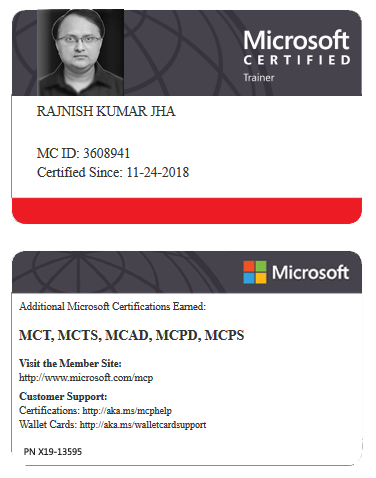-

Learning about the Code Quality tooling in DevOps
Learning about the Code Quality tooling in DevOps Code quality tooling plays a critical role in improving software development practices by providing insights into code structure, maintainability, performance, and security. With a variety of tools available, choosing the right ones depends on the specific needs… [ Read More ]
-

Learn about using Automated Testing to measure Technical Debt
Learn about using Automated Testing to measure Technical Debt Automated testing plays a crucial role in measuring and managing technical debt. By integrating automated testing into the software development lifecycle, teams can identify issues early, maintain code quality, and reduce technical debt. Here’s how automated… [ Read More ]
-

Exploring the Sources and Impacts of Technical Debt in DevOps
Exploring the Sources and Impacts of Technical Debt in DevOps Technical debt arises when short-term development compromises are made to meet deadlines, which, if not addressed, can lead to long-term challenges in software quality, maintainability, and scalability. Understanding its sources and impacts is crucial for… [ Read More ]
-

Detailed guide on measuring and managing the Technical Debt in DevOps
Detailed guide on measuring and managing the Technical Debt in DevOps Technical debt can impact software quality, deployment stability, and team productivity. Using specific metrics helps measure and manage technical debt effectively. Below are key metrics along with strategies for managing technical debt. 1. Failed… [ Read More ]
-

Learn how to measure and manage Technical Debt
Learn how to measure and manage Technical Debt Technical debt is an inevitable part of software development. However, managing and measuring it effectively can ensure that its impact on project delivery, code quality, and team productivity is minimized. Here’s how to measure and manage technical… [ Read More ]
-

Understanding Technical Debt in DevOps
Understanding Technical Debt in DevOps Technical debt refers to the short-term compromises made during software development to deliver solutions more quickly, which may lead to future maintenance challenges or increased effort. In DevOps, managing technical debt is crucial to ensure long-term efficiency, stability, and scalability… [ Read More ]
-

Learn how to examine Complexity and Quality Metrics in DevOps
Learn how to examine Complexity and Quality Metrics in DevOps Evaluating complexity and quality metrics is essential to understanding the maintainability, reliability, and efficiency of codebases. Below are key metrics and complexity measures used in software development to assess code quality and complexity. 1. Halstead… [ Read More ]
-

Learn how to examine Code Quality in DevOps
Learn how to examine Code Quality in DevOps Evaluating code quality involves assessing various attributes such as reliability, maintainability, testability, portability, and reusability. Each attribute plays a crucial role in ensuring the efficiency, sustainability, and effectiveness of software development. 1. Reliability Definition: Measures how consistently… [ Read More ]
-

Learn how to configure GitHub Tags to organize repositories
Learn how to configure GitHub Tags to organize repositories GitHub tags provide a way to organize and label commits, branches, or releases in a Git repository. They help in managing version control, feature releases, and bug tracking, among other things. Below is how to set… [ Read More ]
-

Learn how to configure source control repository permissions using GitHub
Learn how to configure source control repository permissions using GitHub GitHub provides a range of repository permissions tailored to different plans, including personal accounts, organizations, teams, and enterprise environments. Below is a breakdown of how repository permissions are configured across various GitHub tiers. 1. Repo… [ Read More ]
DevOps, Cloud, Azure resources & blog
Category: Azure DevOps
All resources required to kick start your DevOps journey on Azure
Featured Courses

Rajnish Kumar Jha
MCT, MCSA, MCSE, MCAD, MCPD, MCTS, MCSD
My name is Rajnish Kumar Jha. I am Technical architect on Azure Cloud and .NET since 21+ years. I’ve worked for pioneer companies and as freelance trainer/consultant helping my clients to achieve their IT goals.
I find blogging, a great way to share back what I’ve learned all through my professional journey. You are welcome to connect or share feedback/suggestion here or through an email.
My MCT card (Microsoft)

My Certifications












Popular Posts
Stay Connected
Unlock the full potential of Azure Cloud with me
– Your trusted guide to Azure mastery!
SUBSCRIBE
My newsletter for exclusive content and offers. Type email and hit Enter.
No spam ever. Unsubscribe anytime.
Read the Privacy Policy.





